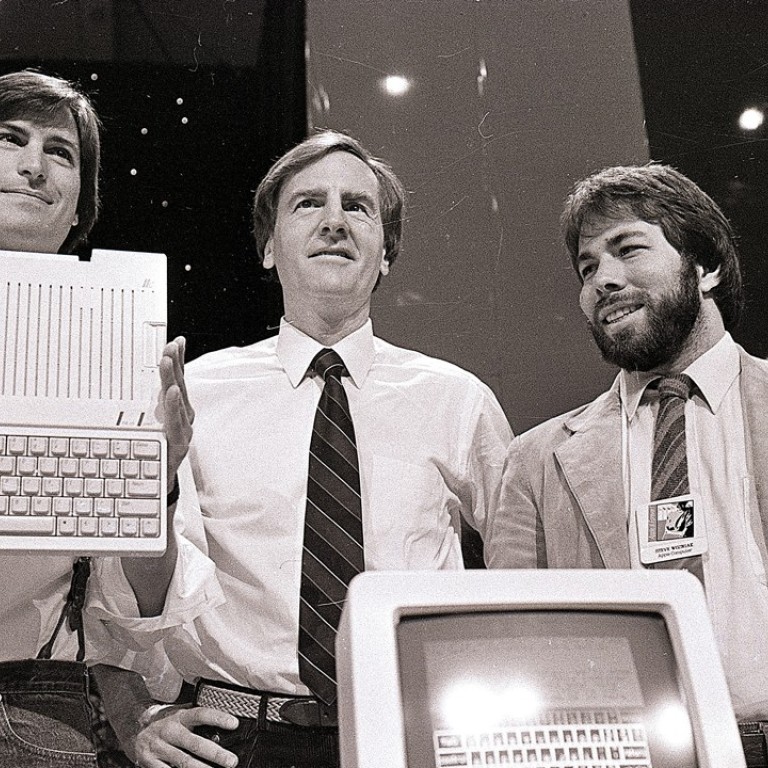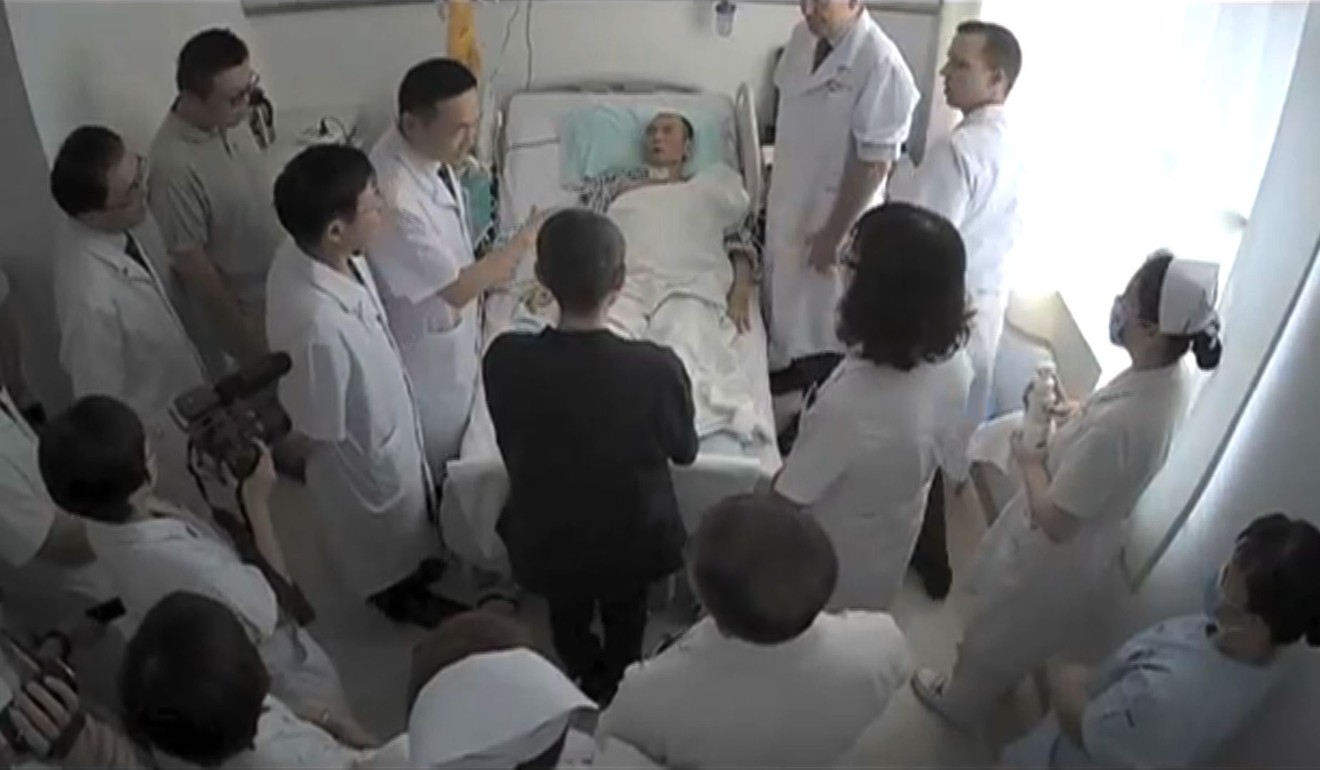
How can China become a tech leader if it’s intolerant of free thought?
Liu Xiaobo’s case makes innovators wonder where’s the line between ‘subversive’ inventiveness and politically correct thought that keeps you out of the gulag
Imagine powerful images of rows of mindless, obedient subjects at a Chinese Communist Party Congress being brainwashed by an all-seeing tyrant. No one can be free of his power until a girl with a sledgehammer liberates the subjects from the tyrant’s speech.
What I’ve described is not a movie trailer, but Apple Macintosh’s arresting 1984 Superbowl commercial (directed by Ridley Scott) that paints a picture of bleak dystopia with allusions to George Orwell’s 1984.
Governments face the danger of losing authority over the social contract as social media and algorithms become their own power base. China is especially vulnerable to this phenomenon
The images from Apple’s 1984 ad are allusions to Orwell’s famous novel, in which the dystopian nation of Oceania is governed by an oppressive totalitarian government. It also lets the audience know that there is no individuality. And that the personal computer will liberate their minds.
The narration ominously chants: “Today we celebrate the first glorious anniversary of an information purification victory, a garden of pure ideology…we are one people with one whim, one resolve, one cause…we shall prevail.”
I’m not trying to spin larger-than-life, surrealistic film noir. But a 61-year-old, ailing Nobel Peace Prize laureate, Liu Xiaobo, is very close to death. The dissident, who has late-stage liver cancer was sentenced to 11 years in jail on charges of “inciting subversion of state power”. He will not even be exiled to a cocoon of self-banishment.

No one can imagine any Chinese tech company running that 1984 ad in China today. The metaphor and message are blasphemous. Even in the 21st century, as the new China carves out a superpower role, reactionary, Cold War, authoritarian tendencies lurk in the background.
Liu’s sad fate makes engineers and technologists – generally free thinking people – wonder what is the line between subversive, breakthrough inventiveness and politically correct thought that keeps you out of the gulag.
It’s easy to forget that back in 1984, personal computing was still coming out of its infancy. Its potential was far from fully realised. But the generation of engineers behind it saw its ability to empower and inspire individuals.
It should be no surprise that every important technology invention of the late 20th century was made in America by immigrants and citizens, and funded by American venture capitalists. I know the pro-China pundits that haunt the comment boards will howl in disagreement. But, historically, few nations have demonstrated that kind of potential for galvanising a cauldron of talent that is the result of diverse immigration and refugees. American culture and media have not only tolerated, but cultivated and commercialised wildly creative and even subversive ideas.
Breakthrough or disintermediating technology and the people behind it will always be an unspecified challenge to the government or established order. No one knows what will be the next civilisation-changing breakthrough. But for many people, it is inconceivable to imagine in this day and age what kind of radical thoughts warrant imprisoning someone for 11 years. Or if it is possible to restrict inventive people into focussing only on making money and avoiding impure political thoughts.
For many people, it is inconceivable to imagine in this day and age what kind of radical thoughts warrant imprisoning someone for 11 years
Perhaps mainland Chinese think Liu’s incarceration is the price to pay for social and political stability.
Most cringe at the thought of today’s ultimate political subversive, President Donald Trump. Most of them have never lived in a democratic country so are unable to comprehend the disorder he brings to governance. But little do they realise – or does Chinese media say – that it is symbolic of the strength of US institutions and democracy that they can withstand such chaos without descending into mayhem.
Chinese people are bewildered by the relentless 24-hour assault on President Trump – indeed, many cultures and leaders could not tolerate such a uncivil, scorched-earth style of political discourse. But, history and technology are colliding.
In the 20th century, politics was a war among grandiose political and economic visions about the future and destiny of mankind. The Industrial Revolution was the foundation for much technological change. New technologies like electricity, aeroplanes and television were the main tools and challenges for governments. Twentieth century figures like Mao Zedong, Lenin and Adolf Hitler certainly did not lack disintermediating visions.
Today, political leaders appear to lack sweeping, revolutionary ideas. That is because technology is changing much too fast. The political system cannot keep up.
Governments face the danger of losing authority over the social contract and narrative as social media and algorithms become their own power base. China is especially vulnerable to this phenomenon.

